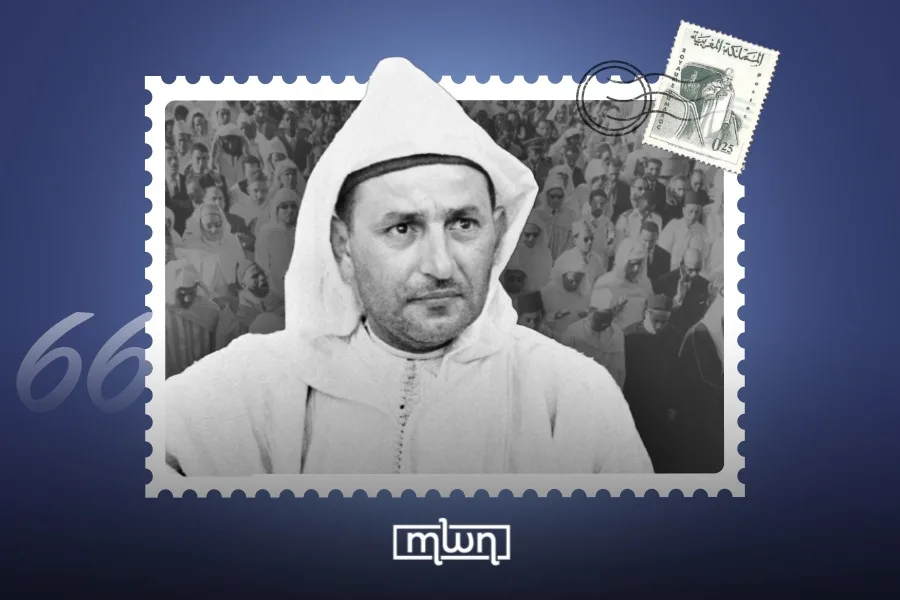Doha – Moroccan today marks a solemn and yet historical moment, the 10th Ramadan 1446 (March 10, 2025), when she commemorated the 66th anniversary of the death of King Mohammed V – the legendary leader, the Morocco struggle for independence and directed the country’s history in the history of the studies.
The late monarch, the deceased On February 26, 1961, just four years after securing the country’s independence, the political landscape of Morocco left indelibly.
Mohammed Ben Youssef was born on August 10, 1909 in Fez and rose to the throne in 1927 as the third son of Sultan Moulay Youssef. During his reign, crucial moments in Morocco’s history, especially during the French Protective period, were in the FEZ contract of 1912.
A crucial moment in the independence movement came on January 11, 1944 with the presentation of independence manifest. This courageous initiative demonstrated the unity between the throne, the national movement and the people.
The movement continued to gain dynamics when the Sultan gave a pioneering speech in Tangier on April 10, 1947 and officially declared Morocco’s demand for independence.
During this time, Thami El Glaoui, the Pascha of Marrakech, allied with the French general Alphonse Juin to overthrow the sultan.
The reaction of the colonial authorities to these independence efforts led to forced exile From Mohammed V and the royal family in August 1953, first to Corsica and then to Madagascar.
This action, which is intended to weaken the independence movement, catalyzed widespread popular uprising and armed resistance to colonial forces.
The exile of the monarch ended with its triumphal return on November 16, 1955, followed by the explanation of the Morocco of independence In 1956 Mohammed V was acquired in King in August 1957, which marked a new chapter in Morocco’s history.
During the Second World War, Mohammed V showed a strategic leadership that maintained relationships with France and at the same time protected the interests of his people. Especially he opposite The implementation of the Vichy government’s anti-Jewish legislation in Morocco.
He took part in the conferences of ANFA and Casablanca, where the discussions with President Roosevelt opened new opportunities for the future of Morocco.
He rejected a proposal from 1943 for common US-British-French protectorates over Morocco and claimed his last goal of complete independence.
After independence, Mohammed V focused on establishing a modern state based on democratic principles. His death in Rabat in 1961 was the end of an era, with his son Hassan II successor to the throne.
The memorial atmosphere today acts into the most important turning point in the history of Morocco and marks its transformation from a protectorate to an independent nation.
It also shows the uniform struggle between the monarchy and the national movement in securing the sovereignty of the North African country.





